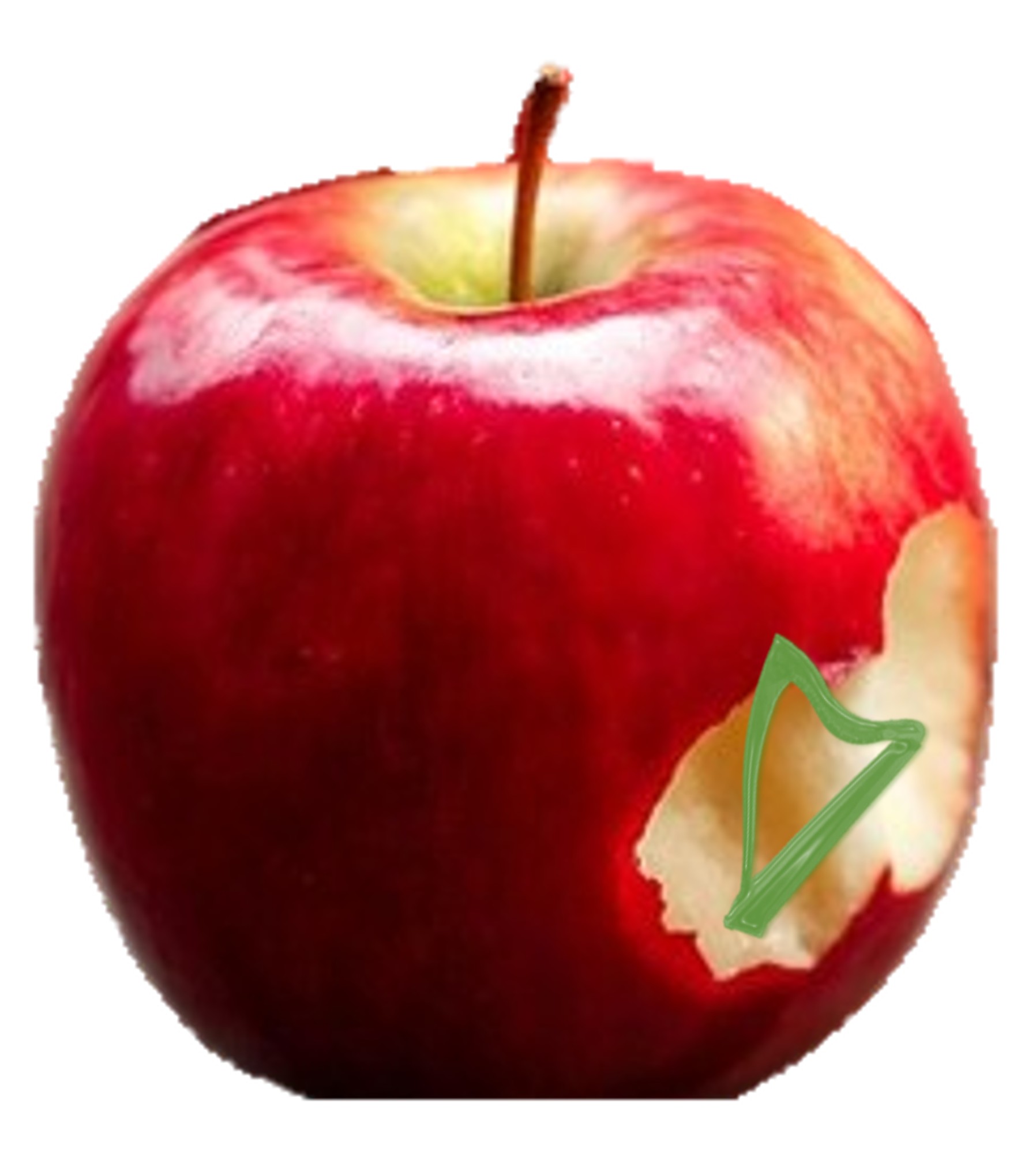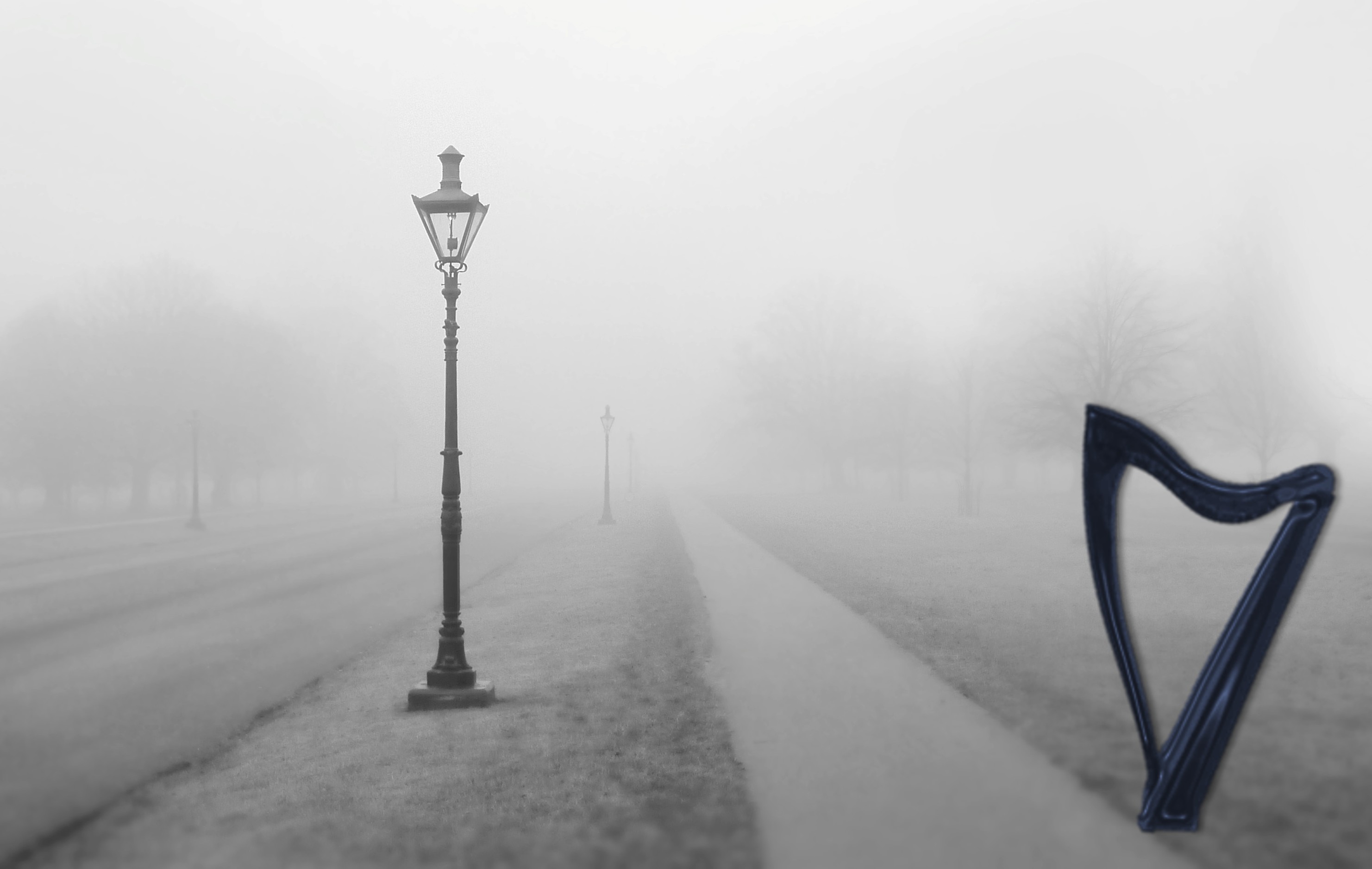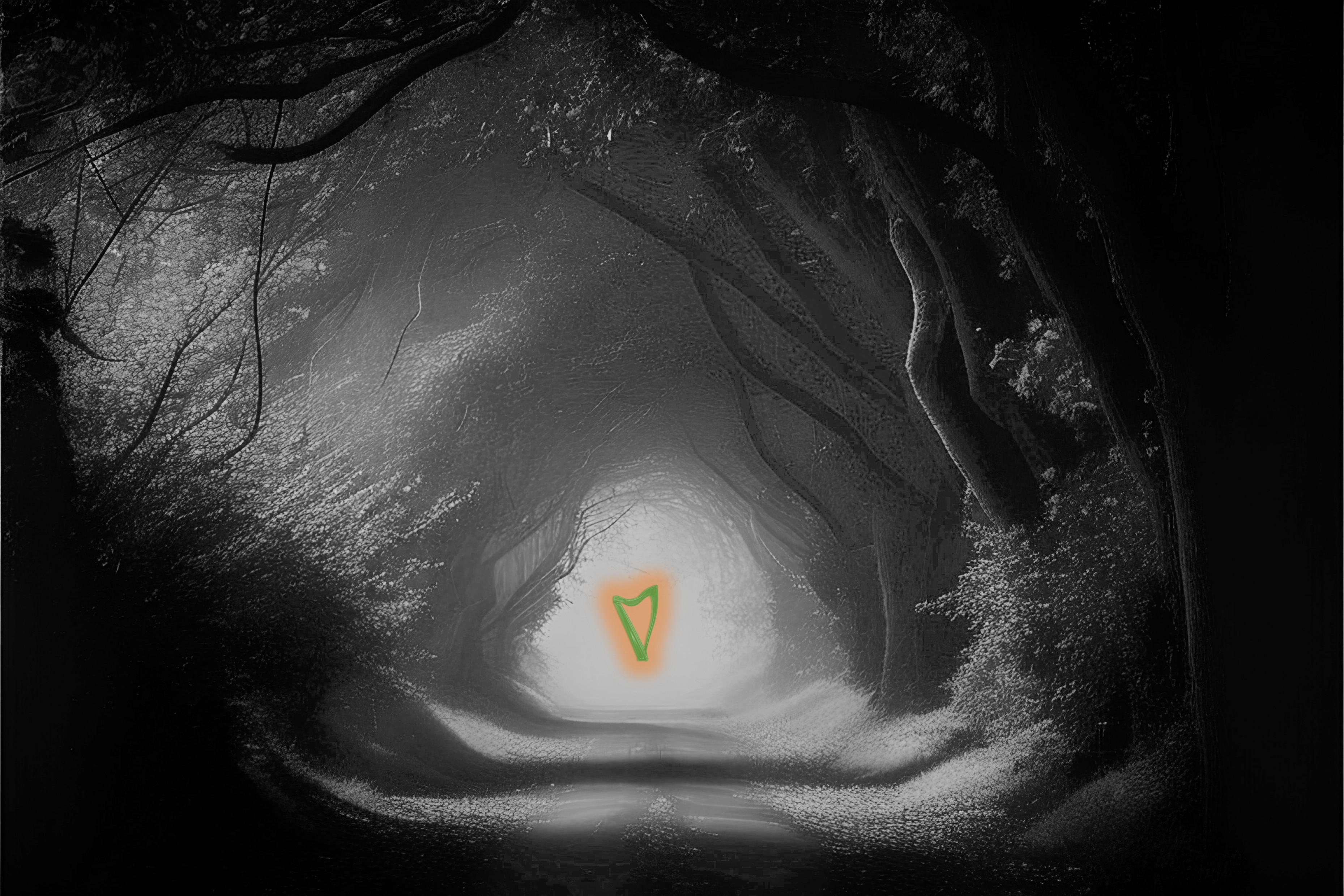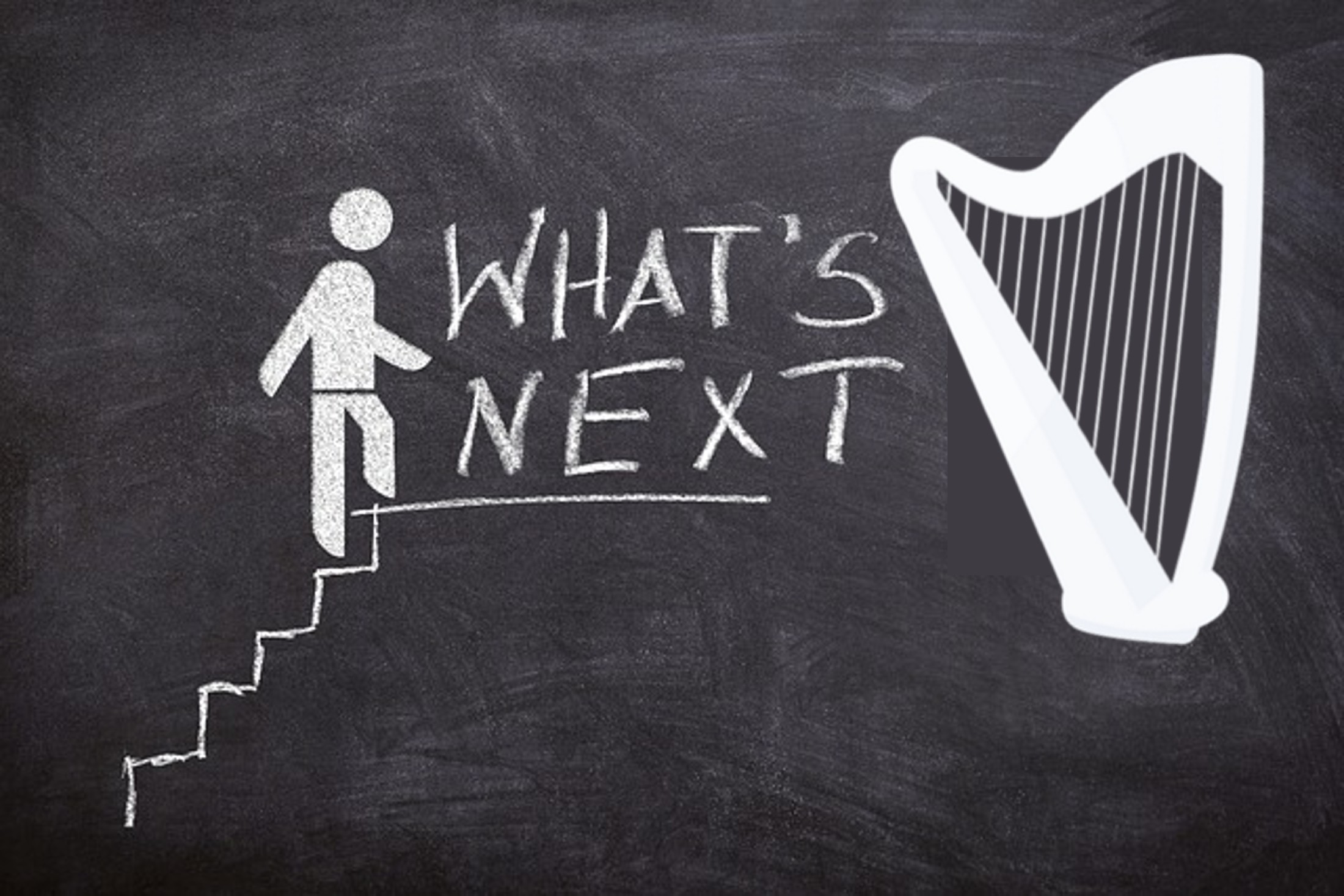I know I’m always saying it, but you might not believe me – I love to hear from you! Most of the time I’m living here in my own head, so it’s good to hear what’s going on in your heads!

I’ve written a lot about getting your practice time in. Recently Sharon mentioned that she struggles to understand why getting practice time in is so hard for some people. Most of us are adults, so we don’t “have” to practice like we did when we were kids and a parent “made” us do it. We have freely (and lovingly) chosen to play our beautiful instrument. We are adding it to our lives because we have always wanted to play it, because it speaks to our hearts and souls, because in our mind’s eye we can see ourselves behind it making incredible music. Some, like me, play because at the beginning, it was there (sorry I don’t have a better, more romantic origin story – I really did start playing because while we were drinking wine in a hot tub, someone suggested it, and I had a little free time that week). It is an instrument we love to love.
Sharon has a good point – why would you not make time for something you love? When you fork out many days’ salary for an instrument and pay quite a bit for instruction, why wouldn’t you spend as much time with your new crush as possible? When she began playing (as an adult), she not only looked forward to playing but also did play nearly every day. So, reasonably, she doesn’t understand how people can keep distant from their own true love! I don’t blame her for asking!
She’s got a point – as a teacher it can be frustrating to have students come in unprepared. It’s also frustrating to see a student get stuck, especially in elements we think of as easy or simple, that are steppingstones to more challenges. And as a teacher, it can be heartbreaking to watch a student’s own frustration as they don’t make progress.
I’m of two minds here. Of course I want my students to burst into bloom, playing ever more difficult music, generating their own compositions, flourishing as musicians. I’m not a monster!
But I also need to be the teacher they need. To recognize why they are sitting here with me. To facilitate their learning – whatever it is they need to learn today and in the long run. To be honest, students don’t come to me to prepare for their Juilliard auditions. They don’t come to me for coaching ahead of their Carnegie Hall debut.
They come to me because they have a yearning. Some of them are not even sure what that yearning is, but they feel it is connected to music of the harp. Some have played an instrument as a child, so they have some cognizance of the need to practice. Others have never played an instrument and honestly, practicing is a foreign concept. But they each have their own (differing) definition of success – and I must honor that…and play my role in aiding their journey.
All my (adult) students are professionals in their fields. They’re not strangers to discipline or hard work. They range from early career to retirement, and they represent divergent fields from engineering to non-profit administration.
They also have, you know, life to take care of. They face pressures from being laid off to moving, caregiving, care receiving, and more.
And yet, they yearn.
Are they challenging? They are, to a one, creative, intelligent, and curious. They make me think about the harp and music (and sometimes life) in new ways. But that’s about me – what’s more important is about them. And what they need to learn as we sit together.
Of course I want them to become proficient at playing the harp, but here’s what else I want them to learn:
- Creating makes you feel whole.
- Learning new things requires bravery – that you already have and just need to exercise.
- While it’s nice to play really well, until then, it’s ok to play just ok.
- Comparison is the thief of joy.
- Often what feels like no progress is just processing.
- I cannot be disappointed in you – only you can be disappointed in you.
- Hard things have big, juicy rewards.
- What was hard yesterday will be easy tomorrow and be replaced with something even harder.
- When you’re being attacked by multiple things, it’s easiest to take them on squarely but one at a time – so if practice slipped this week, so be it!
- You can’t pour from an empty pitcher. This is something you selected for yourself – honor that.
- When life hands you lemons, flex! (if you’re not “prepared” for our lesson today, I’ll think of some other way to torture you! 🙂 )
- No matter how much you think I don’t want to review this again or that I’m bored with you, this piece, this technical element – HA! I have endless reserves of “again” – I use them all the time when I’m practicing and I’m happy to share them with you!
- A little bit every day is so much better (and sustainable) than an hour the day before your lesson.
Students will often say:
“I didn’t practice again – you’re going to fire me!”.
Nope, you’re not getting out of it that easily! I reply:
“I will only fire you if you don’t practice and then come in here and whine, ‘I don’t know why I’m not getting any better’! Until then, let’s (do some musical activity that isn’t necessarily just playing whatever you didn’t practice).”
Having said all that, there are many reasons that practice gets skipped. I’ve found that in new students it is often because they don’t understand that they have made a commitment. And it’s like getting a puppy (but without the cleanup). But a puppy will whine, cry, and piddle on the floor while your harp will just sit there going out of tune.
Other students haven’t made a “permanent home” in their schedules for practicing, so they are in a catch-as-catch-can situation – and then it’s midnight and while lunches are packed, laundry is folded, and teeth are brushed, the harp is unplayed. It’s sometimes difficult to “find” that time. For this, I suggest getting up 15 minutes earlier for some you-time (I know, ugh).
Sometimes, practice grows in our heads. We don’t have an hour to practice. And like a callus, this concern grows with friction. Well, duh, who has an unplanned hour? It can be difficult to carve out time for something you’re doing for yourself, that has no monetary value or an immediately observable domestic value. For this, I often give “counter-homework” in which their practice is to sit on the bench but NO PLAYING! Just plant the tush onto the bench and then walk away. The next week might be to set a timer for 2 minutes and play pentatonic improv, but when the timer dings, get up and walk away. No extra time. This is a gentle reminder that when you (finally) get on the bench, you want to be there! Making the time dear helps highlight this.
Just so you know, I have it on good authority that the practice police are not going to give you a ticket if you break up your practice into smaller segments. You can do scales for 2 -3 minutes in the commercial break of the show you’re not going to give up watching. Do technical exercises for 3 – 5 minutes (which is actually less than the time for the commercials on PBS! (yes, I watch too much tv)). Want 10 minutes to work on your new tune? That’s about how long it takes to boil pasta (it will cook without you watching it and you get dinner at the end!). When we acknowledge that practice does not require a monolithic chunk of time, that we can control it and still learn, then it gets easier to squeeze it in!
Enough of my pontificating, Sharon had a good question – if you’re not practicing, what’s stopping you? Are you bored with your tunes? Do you have a technique question that’s getting in your way? Do you think some version of, “this is pointless, I’m never going to get there (however you’ve defined “there”)? Do you dread your lesson time? Are you not gelling with your teacher? Do you struggle to fit it into your day? Are you no longer in love with your harp? Things that get in the way tell you a great deal and knowing the why can help with the what of “what to do”.
If you’re struggling, your teacher already knows – and wants to help! So, you can always ask. If you don’t feel that would be a productive conversation, you can ask me!
Do you find you often don’t get to practice? I’d love to hear your thoughts. If you have a chance to try some of the stuff I’ve listed here, I’d love to hear how that worked out for you! Sharon and I are very interested to hear your thinking about the thing you love to love, so please let us know in the comments!






